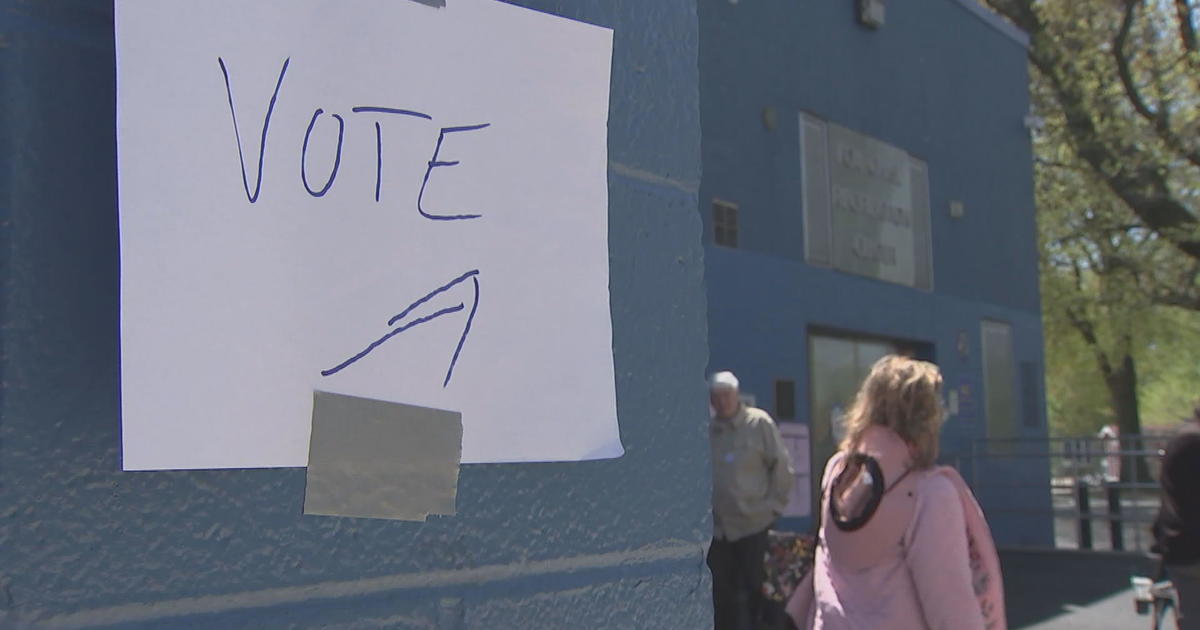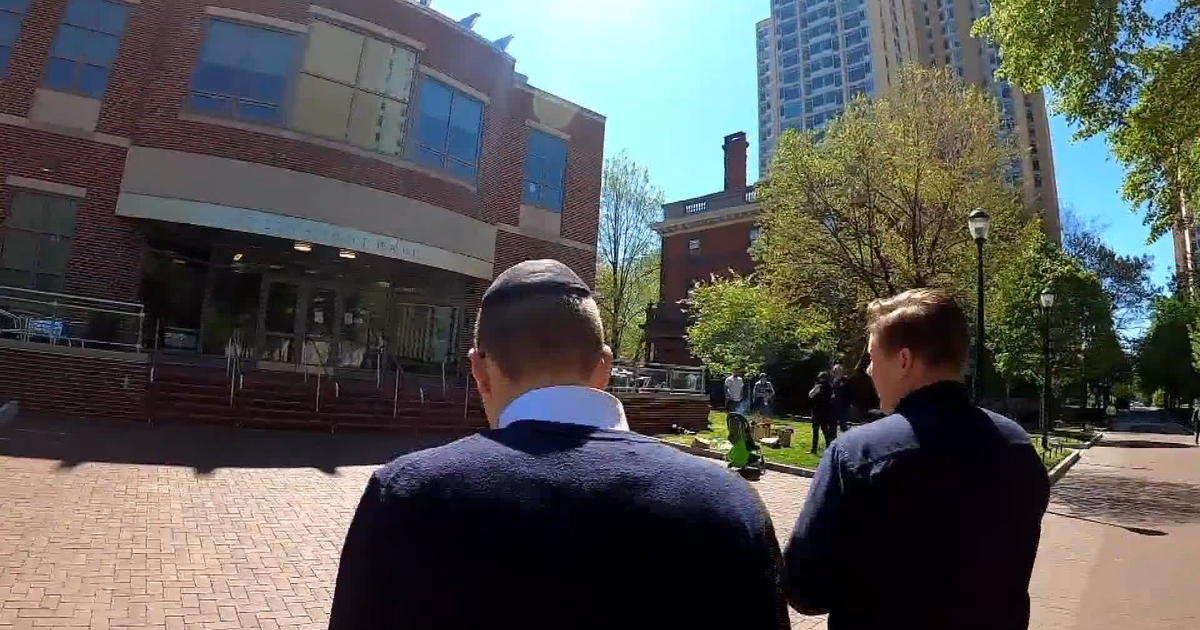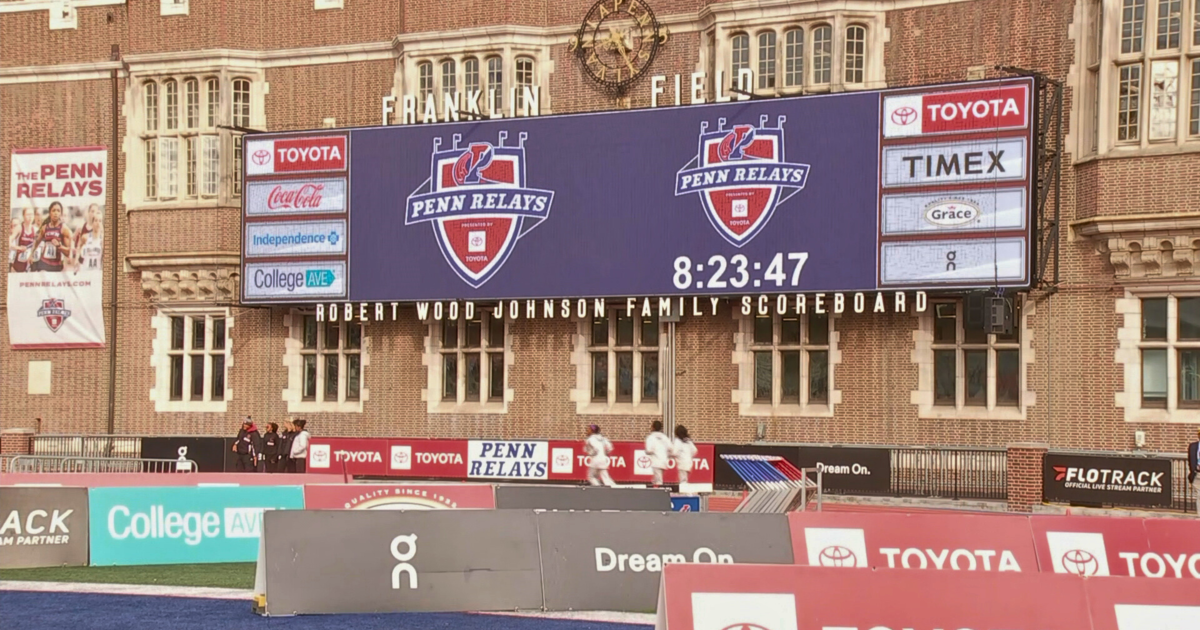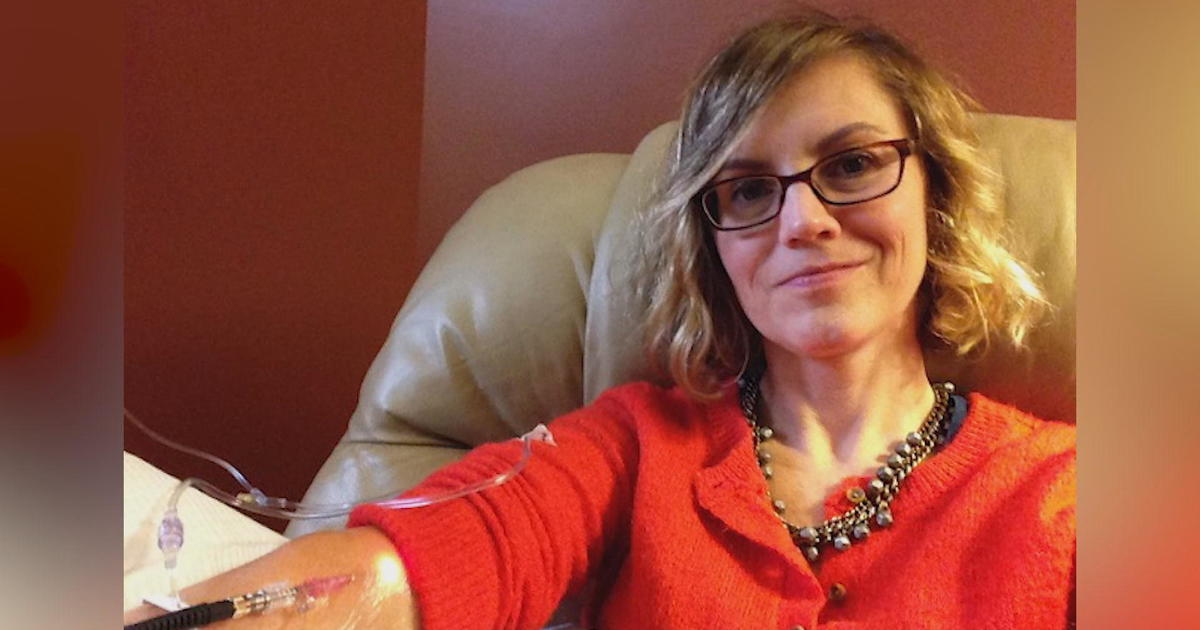'This Is Not Going To Be Florida': Pennsylvania Health Officials Focused On Reversing Rising COVID-19 Cases In State
PHILADELPHIA (CBS) -- Restrictions on indoor dining in Philadelphia will stay in place through at least the beginning of August. That is because the coronavirus continues to grow in the city and around the state.
Pennsylvania Secretary of Health Dr. Rachel Levine said Thursday, "I can guarantee you, this is not going to be Florida."
That has the state and city health officials focused on ways to reverse a concerning trend.
Young people crowding into bars and restaurants continues to drive the increase in COVID-19 cases across Pennsylvania.
Pittsburgh was named as one of 12 cities around the country with spikes being noted by the White House task force coordinator.
"That is why the statewide mitigation efforts taken last week are so important," said Dr. Rachel Levine.
Without giving specifics, Dr. Levine said contact tracing has linked increasing cases to bars and restaurants, defending Gov. Tom Wolf's executive order to reduce indoor capacity and alcohol sales.
The move generated protests by the already hard-hit hospitality industry.
"We can't survive this way, plain and simple," said Rui Lucas, from Na Brasa Brazilian Steakhouse.
In Philadelphia, where only outdoor dining is currently allowed, city Health Commissioner Dr. Thomas Farley says seven restaurants have been closed for not following rules for things like distancing and masks.
He also said the target for lifting restrictions on indoor dining probably wouldn't happen soon.
"I can tell you right now with case rates rising, it looks unlikely that we would allow them to start Aug. 1," Farley said.
He also noted increasing cases in adjacent Bucks, Chester and Delaware Counties.
"The epidemic doesn't respect borders and so more spread in epidemic in counties surrounding Philadelphia County is going to mean more cases in Philadelphia. So we all need to be -- we are all in this together," said Dr. Farley.
"The choices we make today will impact the spread of the virus in the days and weeks to come and also impact the opening of schools in just about six to seven weeks," said Dr. Levine.
Both Dr. Levine and Dr. Farley said the goal is to be able to allow in-person classes for students.
But that will depend on the trend of infections, which needs to be going down instead of what's happening now with increases.



